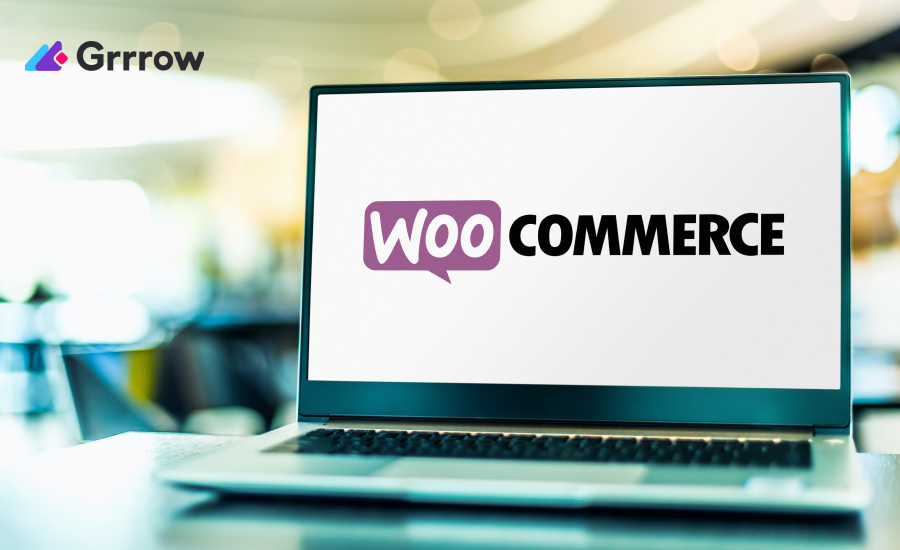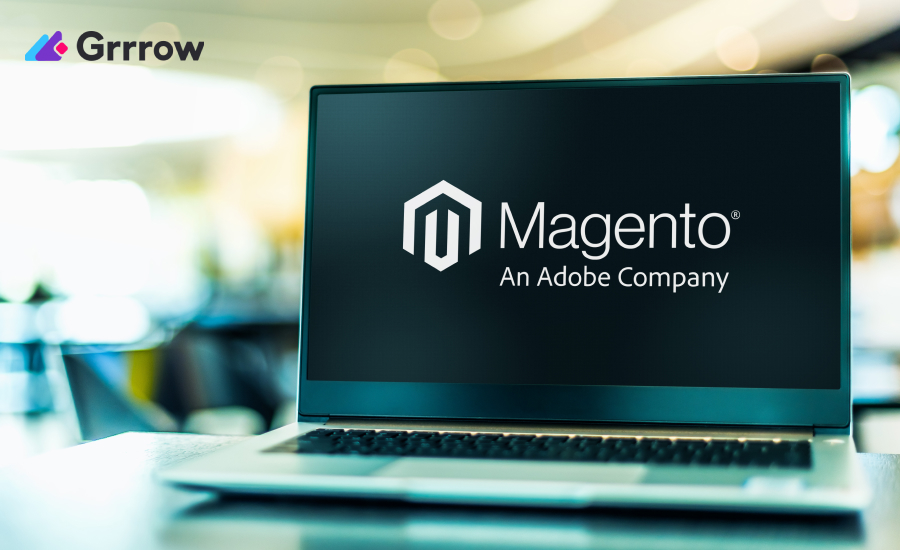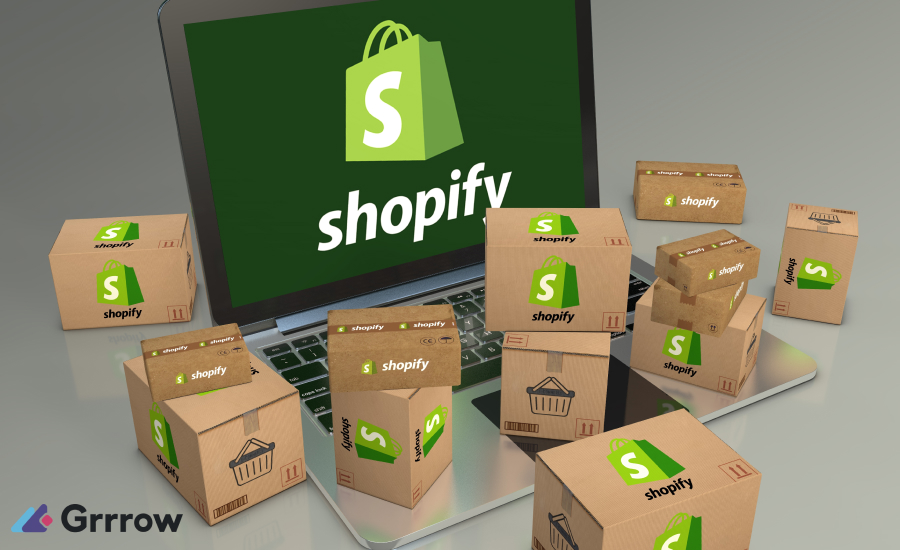In the ever-evolving landscape of online commerce, selecting the right e-commerce platform can make or break your business. The choices seem endless, with each platform offering its own set of features, pricing plans, and user experiences. Among the myriad options, Shopify stands out as a formidable contender, but is it truly the best choice for your business? In this article, we’ll delve into the Shopify experience and compare it with other leading e-commerce platforms, helping you make an informed decision tailored to your business needs.
Shopify: A Comprehensive Solution

Shopify has gained popularity for its user-friendly interface, robust features, and scalability. One of its standout features is the simplicity of setting up an online store. Whether you’re a tech guru or a novice entrepreneur, Shopify’s drag-and-drop interface allows you to design a visually appealing storefront without the need for extensive coding knowledge.
Pros of Shopify
- Ease of Use: Shopify’s user-friendly design makes it accessible to beginners, streamlining the process of setting up and managing an online store.
- App Store: The Shopify App Store offers a plethora of third-party apps, enabling you to add functionality and features to your store as your business grows.
- Security: Shopify takes security seriously, providing SSL certification, ensuring customer data protection, and offering PCI compliance.
- Scalability: Whether you’re a small business just starting or a large enterprise, Shopify scales with your business needs, ensuring a seamless growth trajectory.
Cons of Shopify
- Transaction Fees: While Shopify offers various pricing plans, transaction fees can be a drawback for smaller businesses looking to keep costs low.
- Customization Limitations: Despite its user-friendly design, some users may find Shopify limiting in terms of customization compared to other platforms.
Exploring Alternatives: WooCommerce, Magento, Etsy, and BigCommerce
While Shopify has carved out its niche in the e-commerce market, alternative platforms cater to different business models and requirements. Let’s take a closer look at three notable alternatives: WooCommerce, Magento, and BigCommerce.
WooCommerce: The WordPress Integration

Pros:
- Flexibility: As a WordPress plugin, WooCommerce seamlessly integrates with your existing WordPress site, providing flexibility in design and functionality.
- Cost-Effective: WooCommerce is open-source and free to use, making it an attractive option for businesses with tight budgets.
- Community Support: With a large user community, finding resources, tutorials, and assistance is relatively easy.
Cons:
- Hosting Requirements: Users need to manage their hosting, which may require more technical expertise compared to Shopify.
- Scalability: While WooCommerce is scalable, managing high traffic may necessitate additional technical considerations.
Magento: Enterprise-Grade E-commerce

Pros:
- Scalability: Magento is renowned for its scalability, making it an ideal choice for large enterprises with complex needs.
- Customization: Businesses with unique requirements will appreciate Magento’s high level of customization.
- SEO-Friendly: Magento is built with SEO in mind, providing tools and features to optimize your store for search engines.
Cons:
- Complexity: Magento’s advanced features may be overwhelming for small businesses, and setup can be complex.
- Cost: The cost of hosting and development for Magento is typically higher compared to other platforms.
BigCommerce: A Comprehensive Solution

Pros:
- No Transaction Fees: Unlike Shopify, BigCommerce doesn’t impose transaction fees on your sales, making it a cost-effective solution.
- Built-in Features: BigCommerce offers a wide array of built-in features, reducing the reliance on third-party apps.
- Scalability: Designed for businesses of all sizes, BigCommerce ensures smooth growth transitions.
Cons:
- Learning Curve: While user-friendly, BigCommerce may have a steeper learning curve compared to Shopify.
- Template Limitations: Customizing templates may be challenging for users with specific design preferences.
Etsy: The Artisan Marketplace

In the expansive world of e-commerce platforms, Etsy stands out as a unique and specialized option. While Shopify, WooCommerce, Magento, and BigCommerce cater to a broad range of businesses, Etsy focuses on handmade, vintage, and unique products, fostering a marketplace with a distinct charm. Let’s explore how Etsy fits into the broader context of e-commerce choices.
Pros of Etsy
- Built-In Community: Etsy provides access to a vast community of shoppers interested in handmade and unique products, offering a ready-made customer base.
- Simplified Setup: Setting up a store on Etsy is straightforward, making it an excellent option for creative entrepreneurs who want to focus on their craft.
- No Hosting Hassles: Etsy hosts your store, eliminating the need for separate hosting arrangements.
Cons of Etsy
- Transaction Fees: While Etsy charges transaction fees, they can be seen as the cost of accessing the platform’s built-in customer base.
- Limited Branding: Etsy’s template-based design may limit the extent to which you can brand your store compared to other platforms.
Making the Decision
Choosing the right e-commerce platform depends on various factors, including your business size, technical expertise, budget, and growth aspirations. Shopify excels in its simplicity and user-friendly approach, making it an excellent choice for those just starting. However, alternatives like WooCommerce, Magento, and BigCommerce offer unique advantages catering to specific business needs.
Conclusion: Your Path to E-commerce Success
In the Shopify vs. other e-commerce platforms debate, there’s no one-size-fits-all answer. Evaluate your business requirements, budget constraints, and long-term goals to make an informed decision. Whether you choose the simplicity of Shopify, the flexibility of WooCommerce, the scalability of Magento, or the comprehensive features of BigCommerce, each platform offers a pathway to e-commerce success. The key is to align your choice with the unique needs and aspirations of your business.







